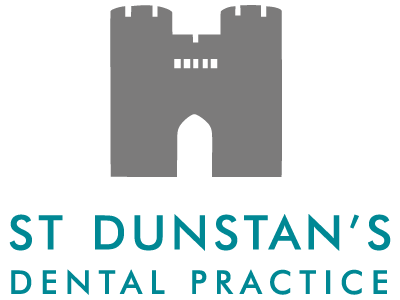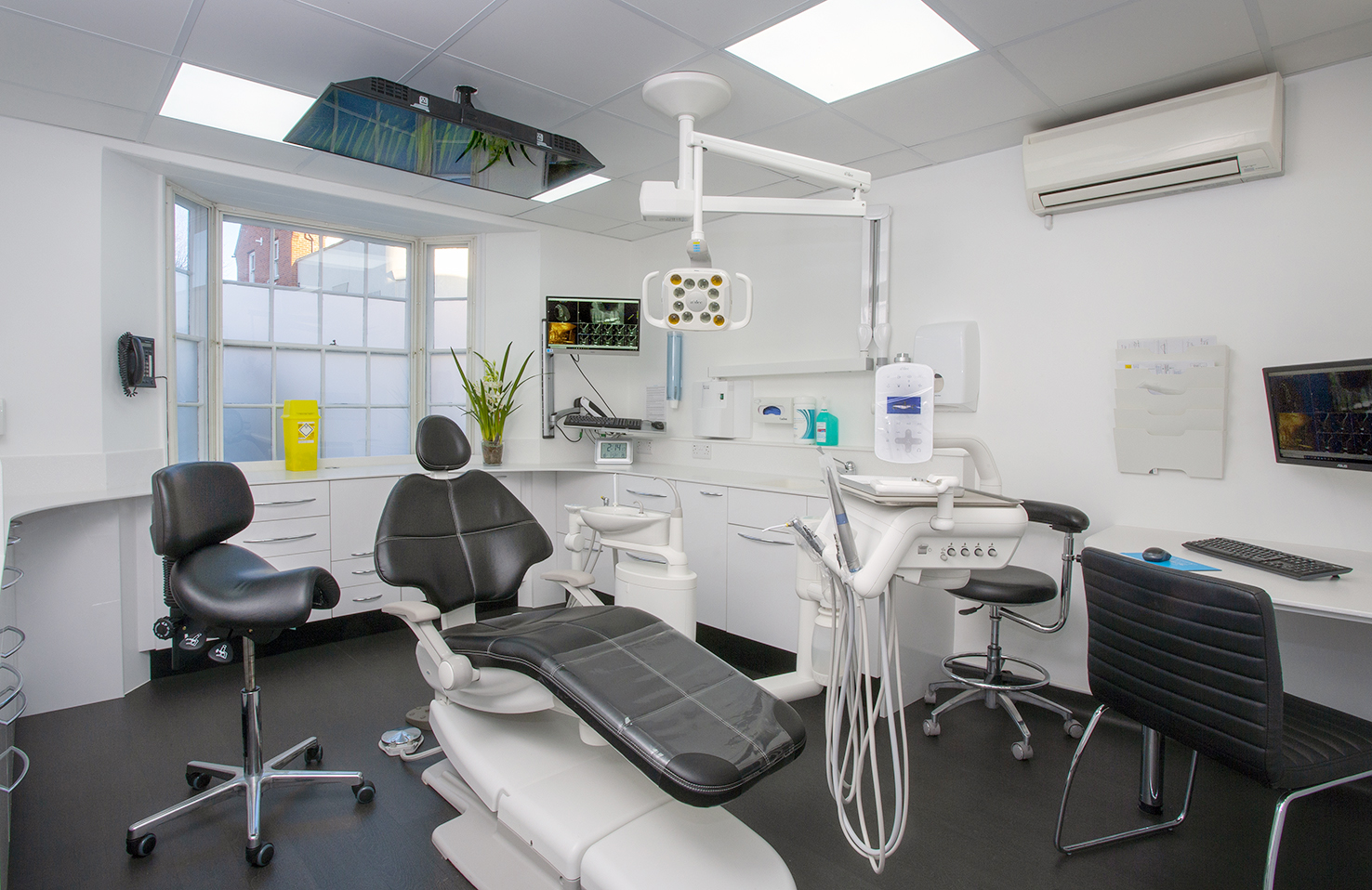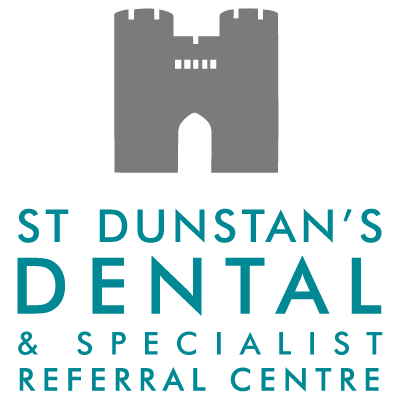

Periodontics
We are delighted to tell you that we have expanded our specialist referral practice to now encompass the discipline of periodontology and are open to receiving referrals immediately.
We are pleased to introduce our specialist periodontist Dr Seyed Ali Tarjomani. Seyed graduated from King’s College London dental school in 2016, gaining experience in general clinical dentistry. He then pursued his particular interest in periodontology and completed the 4-year specialist training programme at King’s college London and was awarded the MClindent in Periodontology with Distinction.

Periodontics
Periodontal disease, also known as gum disease, is a chronic inflammatory condition that affects the gums and the bone that supports your teeth: It is the most common cause of tooth loss in adults around the world.
- Causes
Poor dental hygiene habits, like not brushing and flossing regularly, can lead to plaque build-up that hardens into tartar/scale, this then causes inflammation of the gums around the teeth and can also affect the bone that surrounds the roots of the teeth. Other risk factors include smoking, hormonal changes, certain illnesses, and genetics can aggravate gum disease.
- Symptoms
Symptoms include red, swollen, or bleeding gums, bad breath, and loose teeth. Gum disease isn’t always painful, so you might not realise you have it. It is the most common cause of tooth loss in the adults
- Types
The two most common types of gum disease are gingivitis and periodontitis. Gingivitis is reversible, while periodontitis is not, but it can be managed with treatment.
- Treatment
A dentist or dental hygienist can remove tartar with a professional cleaning. A dentist may refer you to a periodontist, who is a dentist that specialises in gum disease diagnosis and treatment.
- Complications
If left untreated, periodontitis can lead to bone loss around the teeth, which can cause teeth to loosen or fall out. In older people, the consequences of periodontitis can be more serious and lead to chewing and eating issues. More recent research is showing periodontitis is linked with other health conditions such as heart disease, diabetes and gut health, so healthy gums will help contribute to systemic health.
When should I see a periodontist?
You should see your own dentist as soon as possible if you have bleeding, tender, or swollen gums. If your dentist needs to do more than a routine cleaning, or the bone loss around your teeth is advanced for your age, they will refer you to a periodontist. The good news is that the majority of cases of gum disease can be controlled when identified early enough, and even advanced cases can be controlled with the intervention of a periodontist. If you are worried, you can come to see our periodontist Dr Torjomani and book an appointment directly!
What is a periodontist?
A periodontist is a dentist who specialises in the health of the gums and jawbone, which are the tissues that support your teeth. They are also known as gum specialists
Dr Seyed Ali Torjomani has undergone many years of additional training and passed rigorous exams before they can recognised as specialists by the general dental council. Because of their additional training they are able to treat and manage complex periodontal problems and also can carry out a range of treatments
What treatments can our periodontist do?
- Scaling and root planning, this can be carried non-surgically and surgically if required.
Removing tartar/calculus and bacteria from teeth which can form hard deposits above and below the gum line is very important. Smooth clean roots which are bacteria free will reduce gum swelling, bleeding and allow them to reattach to the root surfaces.
- Surgical procedures
Can include gum pocket reduction surgery, guided tissue regeneration, flap surgery, and gum grafts to correct gum defects such as receded gums.
- Regenerative procedures
Can involve grafting using natural bone or synthetic bone or using tissue-stimulating proteins and collagen to encourage the body to regenerate soft tissue and bone. This can be used to cover exposed root surfaces, or thicken the gums to make them tougher and more resistant to further recession.
- Crown lengthening
Reshape excess gum tissue to improve the appearance of a smile that looks very gummy. Or can be used when teeth are very short and need to be made longer to allow crowns or composite bonding to be carried out.
The types of treatment will depend on what stage of gum disease you may have.
Gum treatment at St Dunstan’s
Our goal is to work with you to help you to optimise your long term oral health and ensure the longevity of your teeth and gums.
Dr Seyed Ali Tarjomani is a very good communicator with a gentle and kind bedside manner, and has a naturally thorough and meticulous approach, and you will be in very good hands.
Please contact us for an appointment at reception@stdunstansdental.co.uk or use our contact form.
Our fees for a consultation are £240 for a comprehensive and in depth 1 hour consultation, further fees for treatment will always be discussed in advance so you will be very clear about what is being recommended and the
